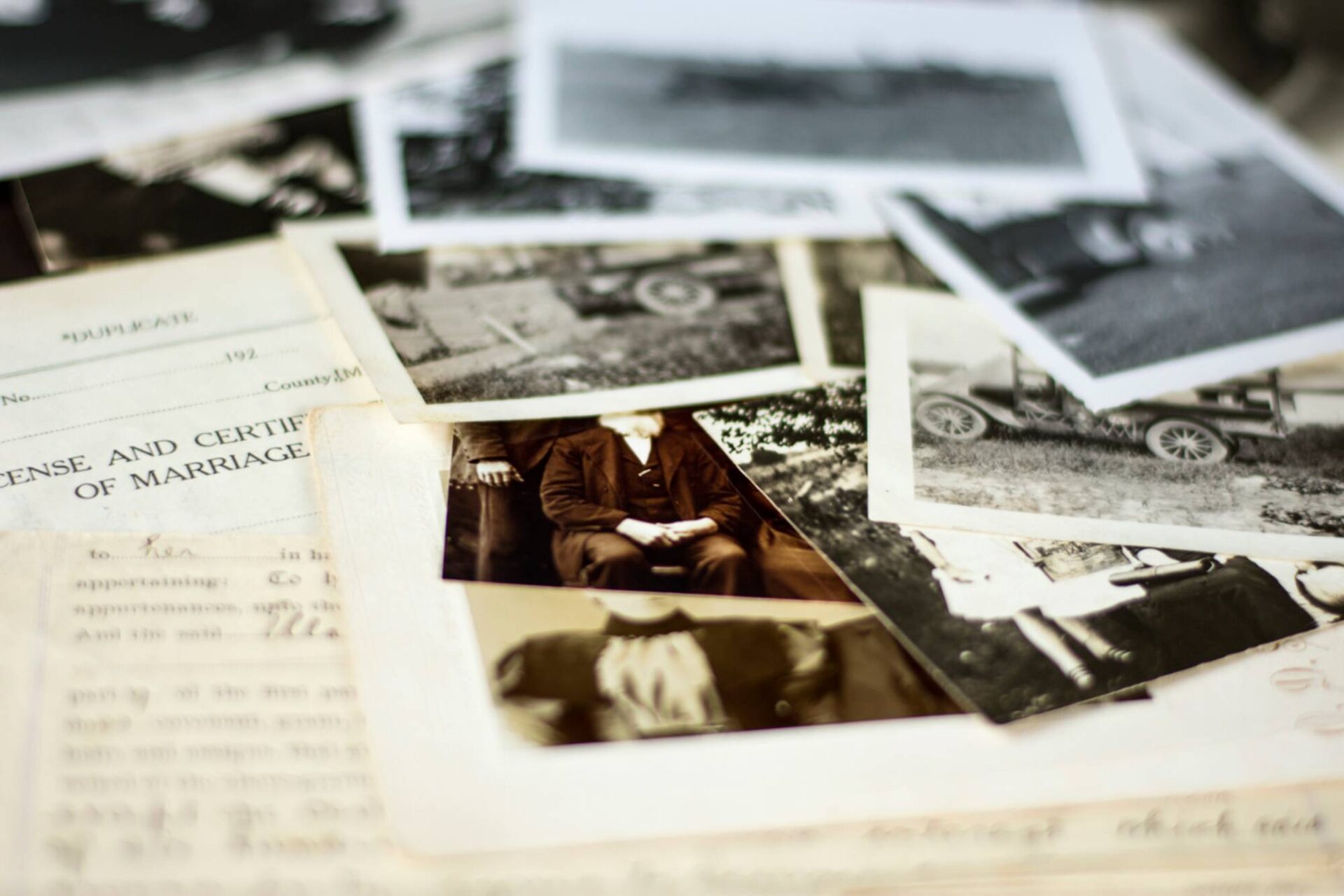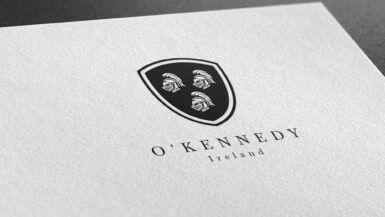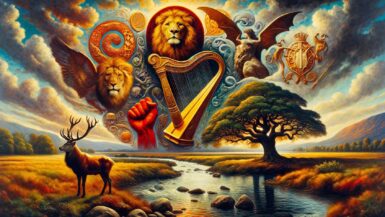Origin of the Surname
The surname Hennigan is of Irish origin, rooted in the ancient Gaelic language. It is derived from the old Irish “Ó hEanacháin,” which has deep connections to Irish tribal structures.
Etymology and Meaning
The name “Ó hEanacháin” can be broken down into two primary components. “Ó” means “descendant of,” and “Eanachán” is a diminutive of “Eanach,” meaning “marsh” or “bog.” Thus, the name can be loosely translated to mean “descendant of the marsh dweller.” This likely refers to the geographical region where the clan originally lived.
Earliest Known Usage
The surname Hennigan, or its Gaelic variant, has been in use since medieval times in Ireland. It’s challenging to pinpoint the exact earliest usage, but records from church and tax documents indicate its presence as early as the 13th century.
Geographic Distribution
While the Hennigan name originates from Ireland, its bearers have since spread across various parts of the world due to migration, especially during times of famine and political upheaval. Today, while it remains primarily an Irish surname, Hennigan families can be found in the UK, USA, Canada, and Australia, among other nations.
Original Geographic Location
The Hennigan clan is believed to have originated in the Connacht region, specifically around modern-day County Mayo and Sligo. Here, the name was frequently documented in medieval records, indicating a strong presence in this western part of Ireland.
Migration Patterns
Like many Irish families, the Hennigans saw significant migration during the 19th century, especially during the Great Famine (1845-1852). Many sought better opportunities and relief from hardships, leading them to North America, the UK, and Australia.
Historical Context
Notable Historical Events
While it’s challenging to tie the Hennigan surname to specific broad historical events due to the commonality of surnames, it’s undeniable that they would have lived through and been affected by significant periods in Irish history, including the Norman invasion, Cromwellian conquests, and the tumultuous journey towards Irish independence.
Involvement in Key Moments in History
Members of the Hennigan clan, like many Irish families, would have likely been involved in various capacities during the numerous uprisings against English rule, such as the 1798 Rebellion and the Easter Rising of 1916.
Notable Irish Bearers of the Surname
Famous Individuals
- Sean Hennigan: A contemporary actor known for his work in film and television.
Influential Figures
While there are numerous Hennigans who have made significant contributions at a local level in Ireland over the centuries, specific influential figures tied to the name in ancient history are harder to pinpoint due to limited historical documentation.
Variations of the Surname
Spelling Variations
Over time and with migration, the spelling of the name has seen variations. Some of these include: Henegan, Henigan, Hannigan, and Hennegan.
Regional Differences
Depending on the region in Ireland, pronunciation and spelling might slightly differ. In some parts of Ulster, for instance, the name might have been Anglicized differently than in Connacht.
Current Statistics and Distribution
Frequency and Global Distribution
The Hennigan surname remains most prevalent in Ireland, especially in its original stronghold of Connacht. However, it’s also reasonably common in the United States due to the Irish diaspora, particularly in cities with significant Irish immigrant populations like Boston and New York.
Changes Over Time
While the name remains tethered to its Irish roots, its prevalence in Ireland has slightly decreased over time due to migration and the Anglicization of surnames. However, globally, the name has seen a rise, especially in regions with significant Irish communities.
Family Coat of Arms
The Hennigan family coat of arms traditionally depicts a gold shield, representing generosity and elevation of the mind. At its center is a black lion passant guardant, symbolizing courage, nobility, royalty, strength, stateliness, and valor. The crest is a reminder of the family’s Gaelic origins and their connection to the rich tapestry of Irish history.






Leave a reply